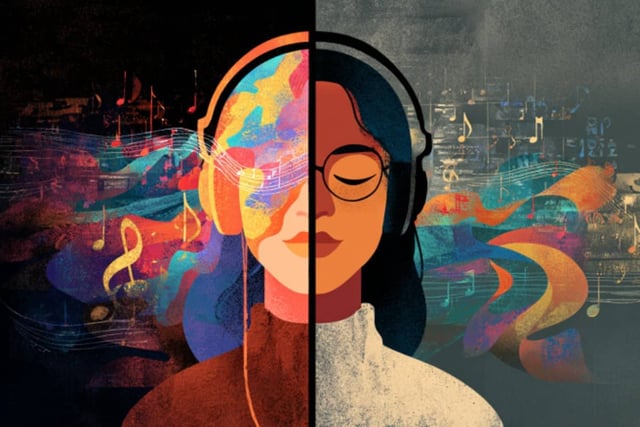Overview
- A Journal of Neuroscience study by Rice University and UCLA finds that high emotional arousal from music after learning enhances recall of an event’s gist while moderate arousal improves memory for specific details.
- Researchers report that factors such as song familiarity, mood category, and lyrics alone do not predict memory gains, highlighting the importance of individual emotional reactions.
- A University of Waterloo team shows that listening to full songs triggers personal autobiographical memories more effectively than spoken lyrics by anchoring recollections to specific times and emotions.
- Positive and upbeat song cues are associated with a higher likelihood of evoking positive memories and stronger feelings of reliving past events.
- Experts emphasize the promise of personalized music therapy strategies that leverage emotional intensity and song-based temporal landmarks to support memory-related disorders such as dementia



